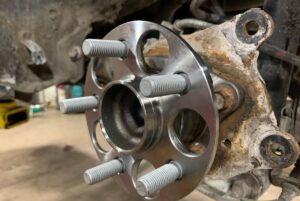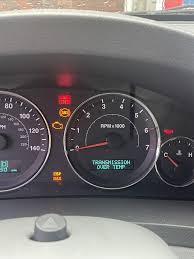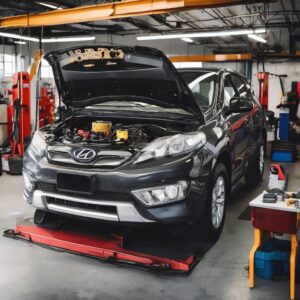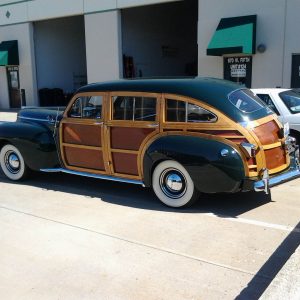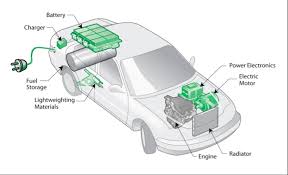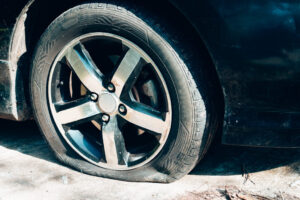Winter weather and your brakes
Nothing like hearing scraping or squealing sounds coming from the brakes of your car catches your attention. This is the last thing you need, your mind runs, your winter and you’re relying on the braking of your car to help you safely stop on snow and ice. All you should worry of is how much it could cost you.
Read on to discover how Old Man Winter might be the source of your brake noise before you resign yourself to an expensive brake fix. Any brake sounds are intermittent in winter in particular and may not have permanent consequences.
Frozen water and snow
Snow and water can get into your brake pads and rotors while driving your vehicle. If the temperature drops below 32 ° F, the next time you start your car, it may freeze, causing your brakes to make grinding and squealing noises. The ice can melt off the brake pads and rotors when your brakes heat up, fixing the issue.
Rust buildup
On your brake rotors, an accumulation of rust will trigger your brakes to create a squealing or squeaking noise. Moisture from fog, snow or dew will accumulate on the surface of the brake rotors if the car sits outdoors overnight. On the rotor, this moisture allows a coating of rust to grow.
The surface rust can get scrubbed off when you move and use the brakes. The only way to prevent this is, if necessary, to put the vehicle in a driveway or other dry environment overnight.
ABS brakes
The anti-lock braking device (ABS) of your car would most definitely activate if you make a sudden stop on snow or ice. The ABS mechanism allows scraping or buzzing sounds in certain cars as you press on the brake pedal. Don’t be worried, while you might not be accustomed to how anti-lock brakes operate: these sounds are natural and are an indicator that the ABS brakes operate as they should.
Don’t take your foot off the brake as you notice the scraping or clicking noises. Make sure to sustain constant pressure on the brake pedal. When you keep your foot down on the brake pedal with steady strength, ABS brakes are most effective; you do not have to pump the brakes.
I’m still having issues – what should I do?
It is time to get your reliable technician take a look at your car if you are still hearing brake noises. One of your car’s most significant protection features is your braking; don’t risk driving with broken braking.

